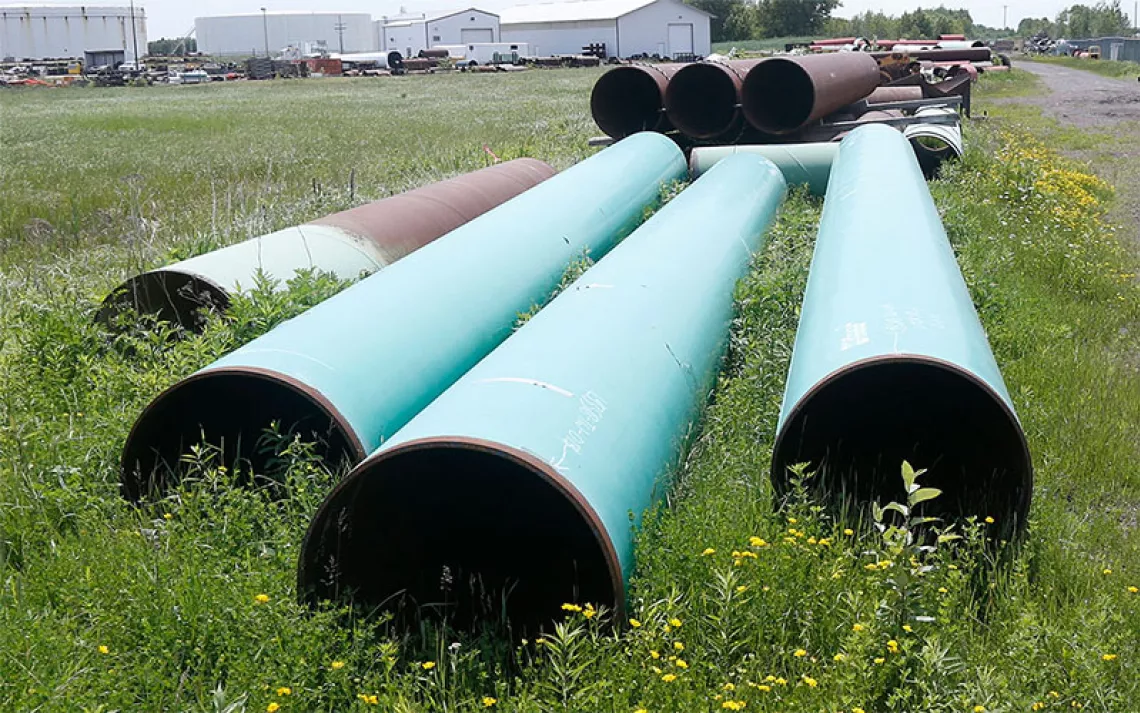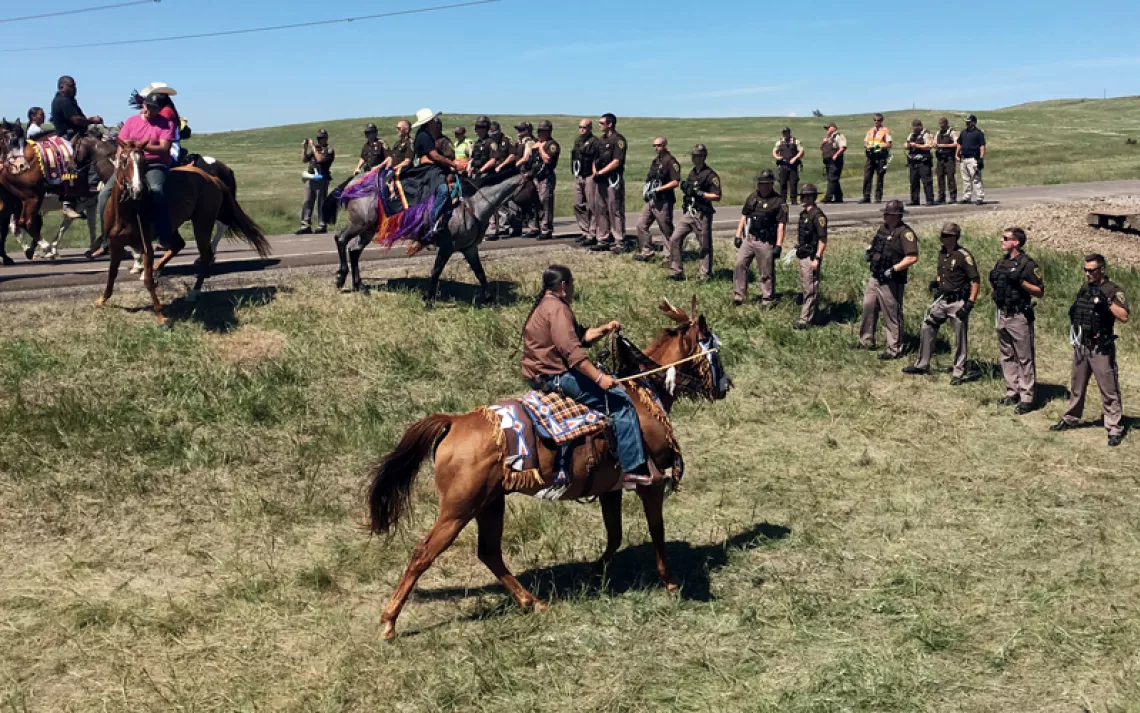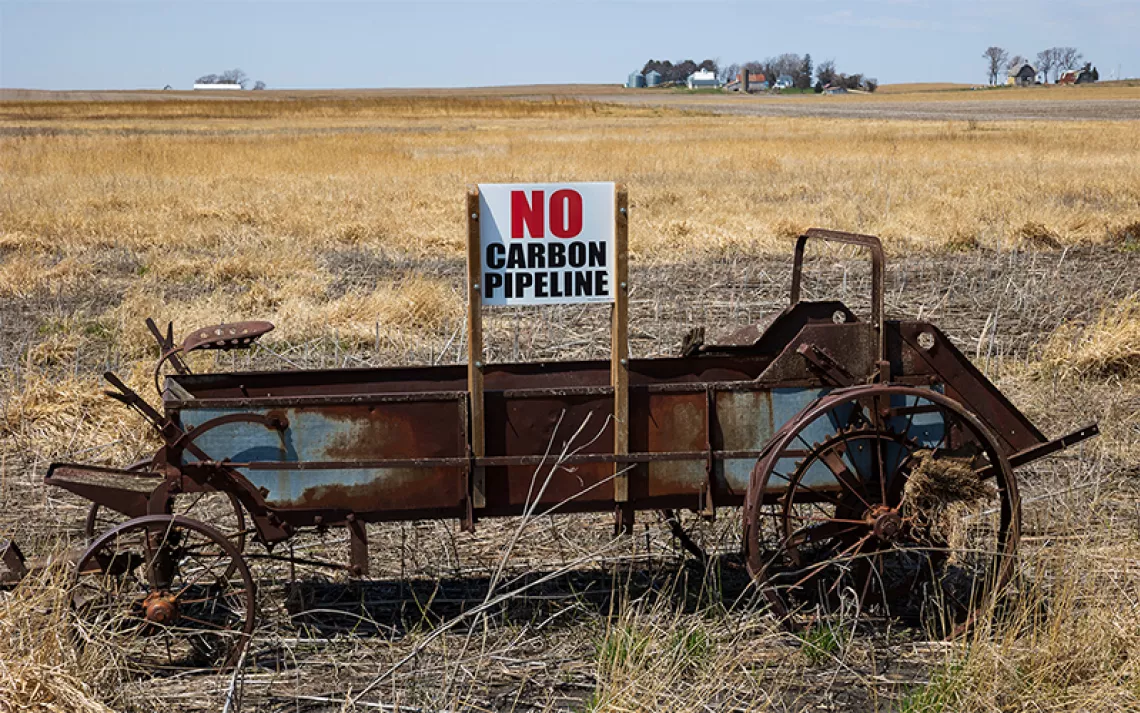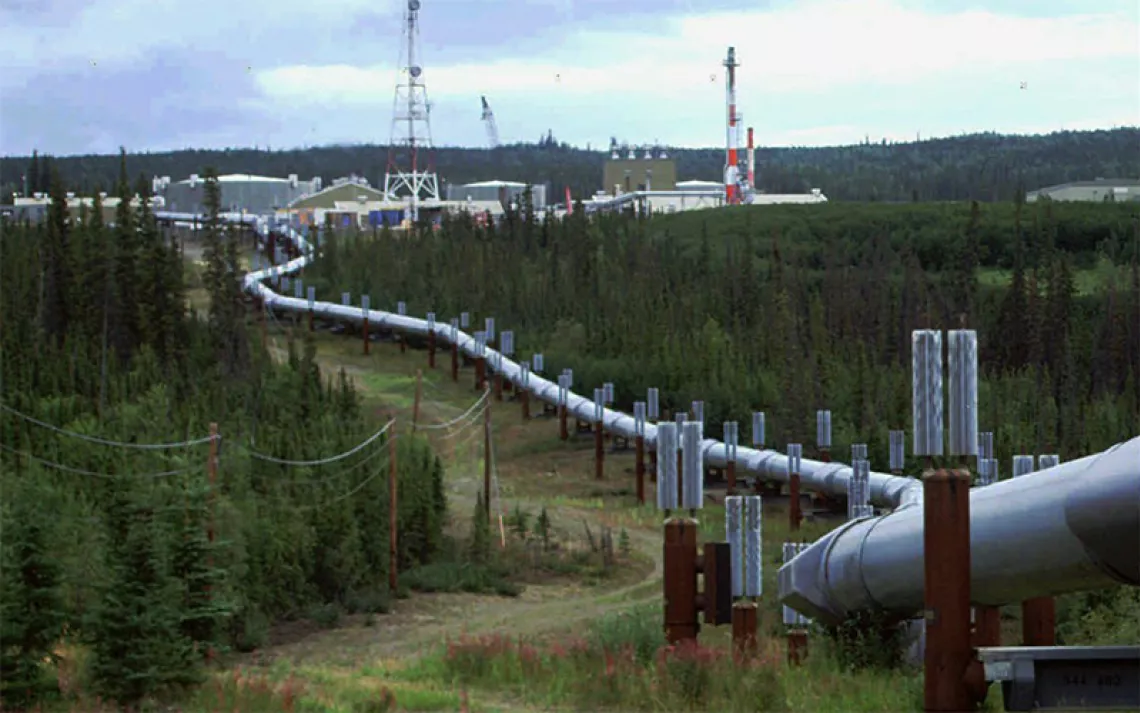Pipeline Blast Highlights Oil’s Achilles’ Heel
The Colonial Pipeline network’s most recent accident reminds us that our fossil fuel infrastructure is vulnerable
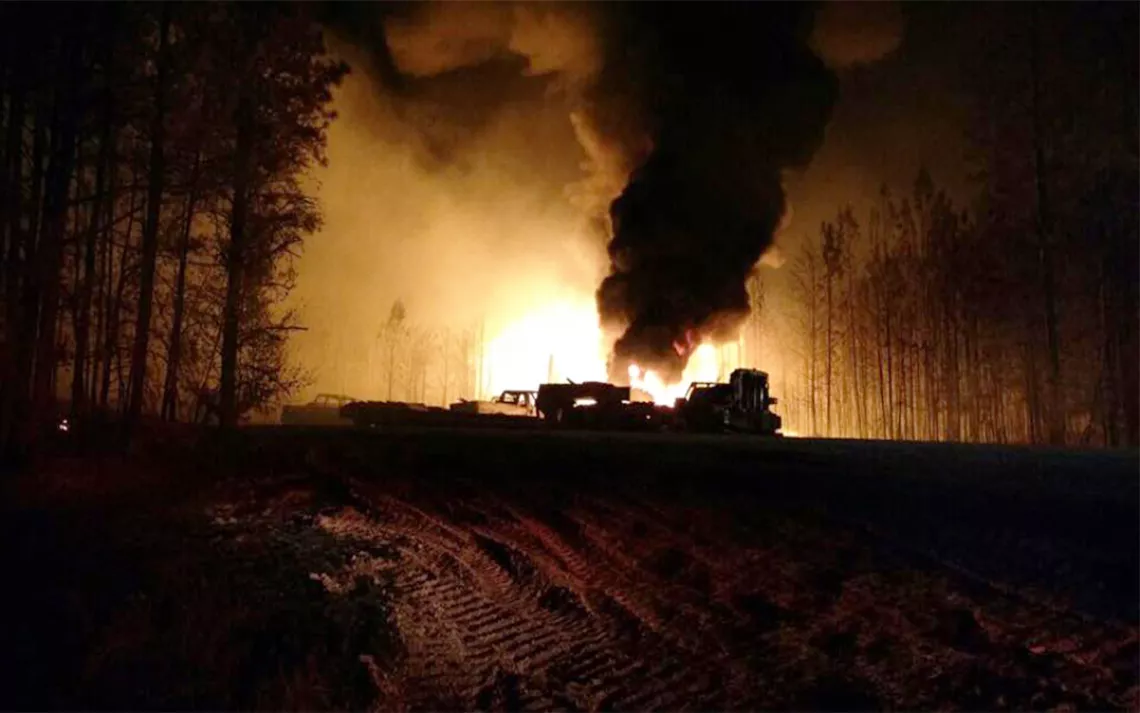
Colonial Pipeline fire | Photo courtesy of the Alabaster Fire Department
An explosion that sent a column of smoke towering over the Alabama hills has Southeastern cities bracing for possible price spikes and gasoline shortages for the second time in six weeks.
The Monday afternoon explosion has again shut down the 5,500-mile Colonial Pipeline network, which funnels fuel from Houston to New Jersey—showing the extent to which America’s fossil fuel infrastructure is vulnerable.
“I think the effect may be pretty immediate, given the volume that goes through that pipeline,” said Dr. Iris Tien, an assistant professor of civil engineering at the Georgia Institute of Technology in Atlanta. “One of the shortcomings of our infrastructure is we don’t have a lot of redundancy when it comes to these gas pipelines, so we rely on very few sources for a lot of our supply.”
The explosion happened while workers were trying to permanently repair the pipeline after a September leak that dumped more than 250,000 gallons of gasoline into a pond south of Birmingham. A team of contractors ruptured the 36-inch pipe with an excavator, setting off a blast that killed one of the workers and injured five others, the Colonial Pipeline Company said.
It also set ablaze more than 30 acres of the surrounding woods, which had been left tinder-dry by a severe drought. The Birmingham area hasn’t had any measurable rainfall for more than 40 days, and a tower of smoke loomed over its southern suburbs Monday afternoon.
The pipeline blast—and the battle over the Dakota Access Pipeline halfway across the country—highlight a chronic problem in the United States: Much of the web of pipes that deliver oil, natural gas, and other fuels is aging badly, making it prone to environmentally damaging spills or disasters, like the 2010 natural gas explosion that killed eight people near San Francisco. In 2013, the American Society of Civil Engineers gave U.S. energy infrastructure a grade of D-plus and warned that more than 1.5 million miles of gas and oil pipes need better inspections and maintenance.
“I think a lot of gains could be made by being more proactive and having investments that are possible for more maintenance and retrofits,” Tien said. But there’s little financial incentive to build backups for big pipelines, and many utilities spend just enough to keep them going, “much less actually do improvements and preventative measures before things happen.”
“I would say going to more distributed generation and having more alternatives down the line would definitely help,” Tien said. “But it’s hard to say in the current state what would be economically feasible to reduce our vulnerabilities. It’s a tough problem, and these events show how reliant we are on these very few lines or systems.”
The fire was still burning Wednesday, preventing workers from reaching the damaged section. But firefighters had advanced to within a few yards of the rupture, Cahaba Riverkeeper David Butler said.
Monday’s explosion was about five miles from the September leak and about a mile from the Cahaba River, the main source of the Birmingham area’s drinking water. Colonial says it has put out booms to keep any spilled gasoline from reaching the river, and Butler said there is no sign that either the Cahaba or a nearby creek have been contaminated.
“We’ve been extremely fortunate to have averted a huge disaster,” Butler said. “I can’t even begin to describe what the potential harm would be had either spill reached the river.”
Colonial said its gasoline line would be shut off for at least five days. In September, the line was down for 12 days before a temporary bypass was ready. After about a week, gasoline prices spiked in much of the Southeast, and some motorists were scrambling to open filling stations in the heavily car-centric Atlanta, where mass transit is limited.
While some stations jacked up prices by nearly $1 a gallon, the average increase was about 35 cents, according to AAA. Up the pipeline, Charlotte and Raleigh also saw sporadic outages and price hikes. The same thing happened in 2008, when Hurricane Ike struck the Gulf Coast and damaged the southern end of the pipeline.
If the pipeline reopens when expected, drivers might not see much of an increase in prices, said Garrett Townsend, a spokesman for AAA in Atlanta. But Tiffany Wright, a AAA spokeswoman in Charlotte, urged motorists not to panic and start topping off their tanks before they need to refuel.
“I hope that we’ve learned from the last pipeline leak to continue our normal spending habits at the pump, so we can avoid those shortages,” Wright said.
The governors of Alabama, Georgia, and North Carolina have issued emergency orders waiving some rules on truckers, hoping more tanker trucks will soften the blow, and warned against panic buying and price-gouging. While coastal cities can get fresh fuel by ship, it’s tougher to supply fuel to the inland Southeast without pipelines, Tien said.
The federal Department of Transportation regulates pipeline safety through its Pipeline and Hazardous Materials Safety Administration, or PHMSA. That agency was already investigating the September leak and has added the Halloween explosion to the probe, spokesman Darius Kirkwood said.
“If PHMSA determines the operator has violated any federal pipeline standards, the agency can issue an enforcement action, levy civil penalties, or refer the case for criminal investigation,” Kirkwood told Sierra.
Democrats on the House Energy and Commerce Committee have called on the Transportation Department to launch a wider review of Colonial, warning the pipeline’s problems “could be symptomatic of severe underlying problems with the system and the company’s management of that system.” In a statement in response to the demand, Colonial said it “takes these matters very seriously” and is cooperating with all investigations.
“We have robust system integrity and inspection and maintenance programs that meet or exceed all federal regulatory requirements,” the company said. ”When incidents do occur, we investigate and determine the cause alongside government regulators and take corrective actions based on lessons learned to minimize the likelihood of similar events happening again in the future.”
Butler said he hopes these incidents will make people “rethink how they use energy.”
“As good a job as any pipeline operator does, it would be impossible to eliminate every risk to these pipelines,” he said. “We’re human. These are built by humans. They’re operated by humans, and there are going to be mistakes. The size of those mistakes can vary. Sometimes they’re small, sometimes we’re lucky, and sometimes we’re not.”
 The Magazine of The Sierra Club
The Magazine of The Sierra Club
